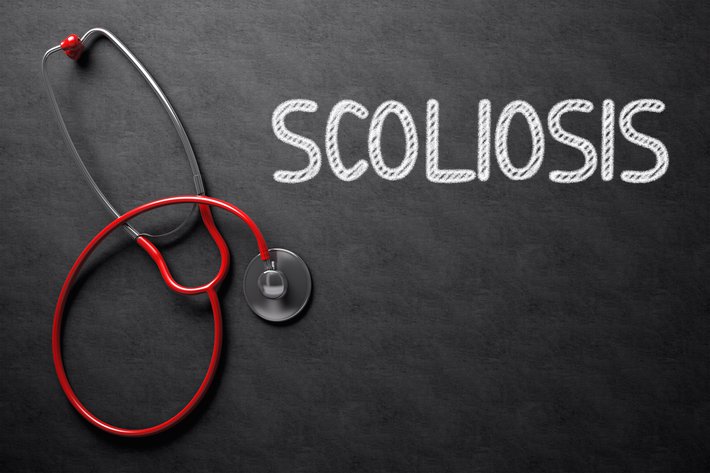Some people tend to think that scoliosis is only an issue for children or adolescents. Nevertheless, these children grow up and their spine problems grow as well. Moreover, scoliosis in adults can appear in adulthood as well.
So, what is adult scoliosis in particular? Well, you know that our spine has a natural curve; however, people with scoliosis gain unnatural S- or C-shaped spine curves. This makes their bodies bend in ways they aren’t supposed to. If the curve is beyond 20-25 degrees, this kind of deviation is abnormal, and this curve may become more dramatic with time.
Scoliosis may be painless and only annoy you as an aesthetic problem, but in severe cases, sharp pain is always present as well as damage to spinal nerves. Therefore, it is important to review the main causes, types, and preventive measures of scoliosis.
Scoliosis in adults: Main causes and types
In most cases, the causes of the scoliosis cannot be clearly determined; when the causes are unknown, we call this type of scoliosis idiopathic. When speaking about adult scoliosis in particular, come common causes include the reduction of bone density, less muscle strength, and hormonal changes. The natural degeneration of the body affects the bones and joints of your spine, which leads to the adult onset of scoliosis. Therefore, seniors are always at a high risk of getting this kind of problem with the spine. This type of scoliosis is called degenerative and can result in back and leg pain. To notice early changes in your spine curve, pay attention to these scoliosis symptoms:
-
Uneven hips or shoulders;
-
Fatigue;
-
Height loss;
-
Trouble with walking and staying straight;
-
Numbness in your legs;
-
Pain in the lower back and legs;
-
Shortness of breath.
How to prevent scoliosis
Even though doctors can’t say how you get scoliosis, all of them agree that a healthy lifestyle can contribute a great deal to the good condition of your spine. You should exercise on a regular basis and avoid a sedentary lifestyle. Swimming, yoga, stretching, and doing some special exercises to train your spine muscles are very advantageous for your spine health.
A balanced diet and healthy lifestyle will stop your body from aging early, and will keep you at a low risk of adult scoliosis. If you have spine problems from childhood, control their progress and consult with your doctor regularly.
Scoliosis treatment that works
Prevention cannot always save you from developing scoliosis. If you have been diagnosed with scoliosis, you should definitely start treatment.
All treatment methods can be divided into surgical and non-surgical interventions. The former is applied to only a small selected group of patients. Many factors and further implications must be taken into an account. The second group of treatment methods will suit the needs of most people with scoliosis. The following practices will help you to reduce pain and stabilize your scoliosis condition:
-
Yoga (pay attention to special exercises for the spine, and some asanas must be avoided);
-
Physical therapy;
-
Acupuncture;
-
Massage;
-
Chiropractic interventions;
-
Exercises to strengthen your back and abdominal muscles;
-
Nutritional supplements (maintaining good levels of vitamins C, B, magnesium and phosphorous);
-
Posture exercises.
All treatments must be followed only after consultation with your health practitioner.
Scoliosis may cause a great deal of discomfort and pain if it reaches severe stages. So, if you or any of your relatives suffer from scoliosis and musculoskeletal limitations caused by it, experts at Buffalo Home Care can provide you with all the necessary assistance with home and health routines. Rely on the expertise and courtesy of our aides to restore the full quality of your life!
 English
English
 Spanish
Spanish


Comments